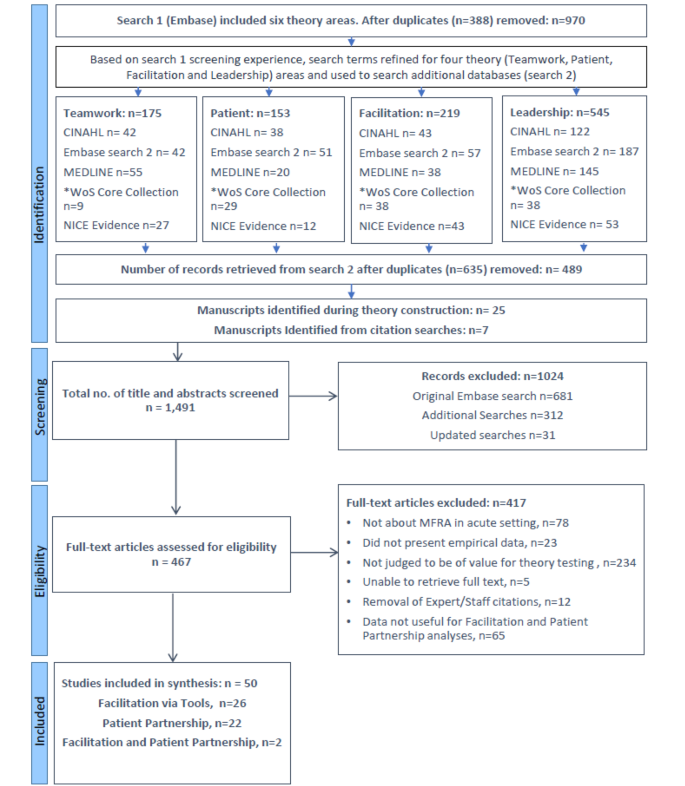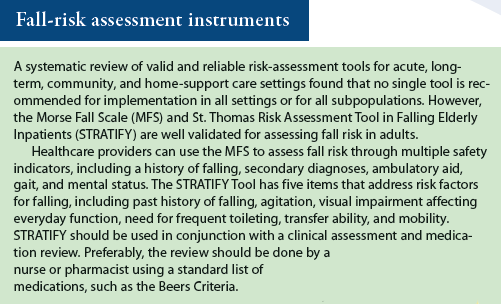Not known Facts About Dementia Fall Risk
Not known Facts About Dementia Fall Risk
Blog Article
How Dementia Fall Risk can Save You Time, Stress, and Money.
Table of ContentsGetting The Dementia Fall Risk To WorkThe 4-Minute Rule for Dementia Fall Risk6 Easy Facts About Dementia Fall Risk DescribedThe Single Strategy To Use For Dementia Fall RiskGetting The Dementia Fall Risk To Work
The FRAT has 3 areas: drop danger standing, risk variable checklist, and action strategy. An Autumn Threat Status includes data regarding history of current drops, medications, emotional and cognitive condition of the individual - Dementia Fall Risk.If the individual scores on a danger element, the corresponding variety of factors are counted to the client's autumn risk score in package to the much appropriate. If an individual's autumn risk rating completes 5 or higher, the person goes to high danger for falls. If the client ratings just four points or reduced, they are still at some danger of dropping, and the nurse needs to use their best professional assessment to handle all fall danger elements as component of an alternative care plan.
These typical strategies, in general, help develop a safe atmosphere that reduces unexpected drops and delineates core preventative actions for all people. Signs are crucial for patients at danger for falls.
The Main Principles Of Dementia Fall Risk
Wristbands ought to include the individual's last and initial name, day of birth, and NHS number in the UK. Just red color must be utilized to indicate special individual standing.
Things that are as well far might need the individual to get to out or ambulate unnecessarily and can possibly be a danger or add to falls. Assists protect against the client from going out of bed with no aid. Nurses respond to fallers' telephone call lights faster than they do to lights started by non-fallers.
Visual impairment can substantially cause drops. Keeping the beds closer to the flooring reduces the danger of falls and severe injury. Putting the cushion on the floor significantly reduces autumn risk in some medical care setups.
The Of Dementia Fall Risk
Patients that are high and with weak leg muscular tissues that try to remain on the bed from a standing placement are likely to fall onto the bed due to the fact that it's too low for them to reduce themselves safely. Also, if a high person attempts to obtain up from a low bed without assistance, the client is likely to fall back down onto the bed or miss out on the bed and fall onto the flooring.
They're made to advertise prompt rescue, not to prevent falls from bed. Distinct alarms can likewise remind the individual not to obtain up alone. Making use of alarm systems can also be an alternative to physical restrictions. Besides bed alarm systems, raised guidance for high-risk clients also might help stop drops.

Patients with a shuffling stride rise loss chances dramatically. To minimize fall threat, footwear ought to be with a little to no heel, slim soles with slip-resistant walk, and support the ankle joints. Encourage client to make use of nonskid socks to stop the feet from sliding upon go to this web-site standing. Nevertheless, motivate clients to wear suitable, well-fitting shoesnot nonskid socks for motion.
The Best Strategy To Use For Dementia Fall Risk
Clients, specifically older adults, have actually decreased visual capability. Lights an unknown setting assists increase exposure if the over here patient should rise at night. In a research, homes with appropriate lighting report less drops (Ramulu et al., 2021). Enhancement in lights at home might lower fall prices in older adults (Dementia Fall Risk). Using stride belts by all healthcare providers can promote safety and security when assisting individuals with transfers from bed to chair.

Sitters work for guaranteeing a protected, secured, and risk-free setting. Nonetheless, researches demonstrated extremely low-certainty proof that caretakers minimize loss risk in severe care healthcare facilities and just moderate-certainty that choices like video clip monitoring can decrease sitter use without increasing fall risk, suggesting that sitters are not as beneficial as at first believed (Greely et al., 2020).
Unknown Facts About Dementia Fall Risk

Enhanced physical conditioning minimizes the risk for drops and limits injury that is sustained when loss transpires. Land and water-based workout programs may be likewise useful on balance and stride and thereby minimize the risk for drops. Water exercise might add a favorable advantage on balance and gait for women 65 years and older.
Chair Increase Workout is a simple sit-to-stand workout that helps reinforce the muscle mass in the upper legs and buttocks and boosts flexibility and self-reliance. The objective is to do Chair Rise workouts without making use of hands as the client becomes more powerful. See resources section for a thorough direction on just how to execute Chair Rise workout.
Report this page